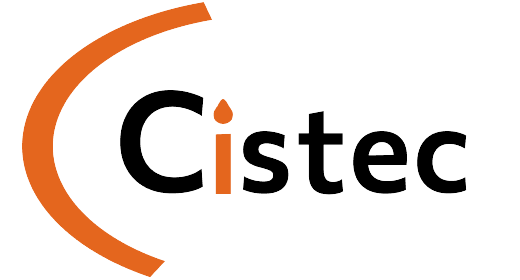Ethereum: decentralized or not? A closer look at Ripple’s advantages
In recent years, Panorama Cryptocurrency has been dominated by two main actors: Bitcoin and Ethereum. While both platforms have their strengths and weaknesses, there is a question: is a decentralized or centralized system wavy? In this article, we will deepen the world Ripple and explore its advantages on Bitcoin.
Is the corrugation decentralized?
Ripple’s main goal is to facilitate transverse payments that allow fast, economic and safe transactions in different countries. However, its business model revolves around the use of a network of knots called “on the ramps” that process payments on behalf of customers. These nodes are essentially owned and managed by banks, financial institutions and other organizations.
Essentially, Ripple is not decentralized in a classic sense. The basic technology of the platform allows peer-to-peer transactions, without the need for intermediaries, such as banks or central authorities. However, it remains that most Ripple’s income derives from the payment of his nodes to participate in the network.
Bitcoin advantages

Now let’s examine the main advantages of fluttering on Bitcoin:
- Quick transaction times : Ripple Ramp technology allows faster processing times than Blockchain Bitcoin -based approach. This is achieved through a series of complex mathematical algorithms that allow nodes to validate the transactions over time.
- Lower transaction commissions : While the commissions associated with the use of corrugation are even greater than those of Bitcoin, they are generally smaller and more predictable. This makes it easier for users to use Ripple for transverse payments.
- increases efficiency : Ripple ramp technology allows faster adjustment times and reduced latency compared to traditional payment systems.
People are still fighting for it?
Despite the advantages of corrugated on Bitcoin, its decentralized nature has not passed unobserved by some members of the cryptocurrency community. In recent years, there have been continuous debates on the legitimacy of the platform and if it is indeed a decentralized system or simply a centralized entity that acts as intermediaries.
Some critics claim that Ripple’s business model is based strongly on paid knots, which can be seen as a form of manipulation or control over the network. Others claim that the company’s attempts to turn their technology as decentralized are transparent and intend to confuse users.
Conclusion
In conclusion, while Ripple may not be technically decentralized in the same way as other blockchain platforms, its ramp technology offers significant advantages for transverse payments. The ability of the platform to process faster transactions and lower taxes makes an interesting option for both financial institutions and people.
However, critics continue to raise concern about Ripple’s business model, which I support is nothing more than a form of network manipulation or control. While the debate around Ripple continues, one thing is clear: the platform remains a prominent player in the cryptocurrency space, both with supporters and detractors who weigh their legitimacy.
Update
In September 2015, it is worth noting that Bitcoin maintained its decentralized status during this period, without important concerns about the legitimacy or operational structure. While Ripple continues to innovate and push the limits of blockchain technology, its centralized nature remains a discussion topic between cryptocurrency enthusiasts.

